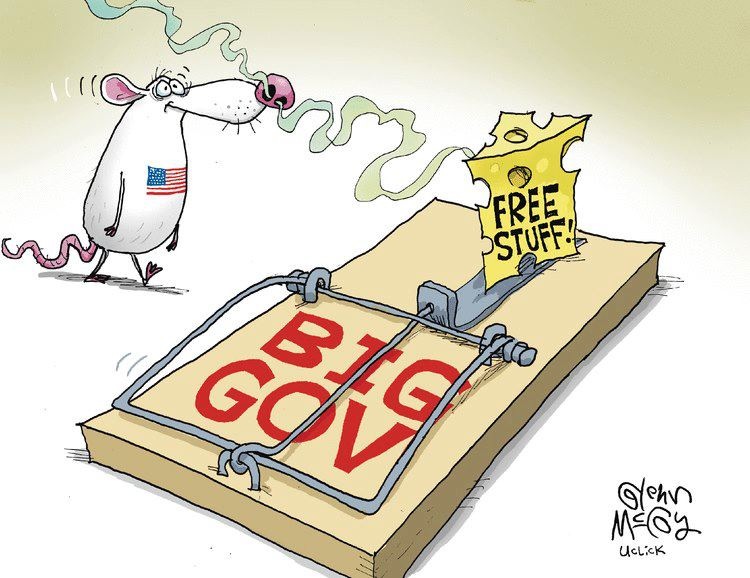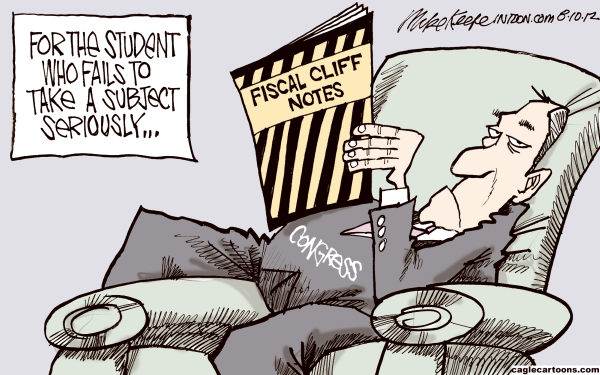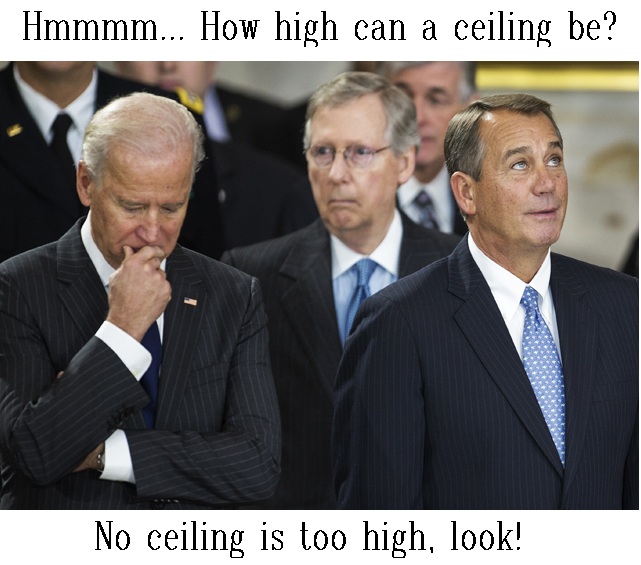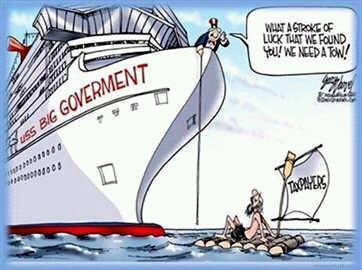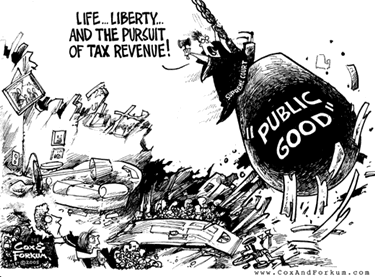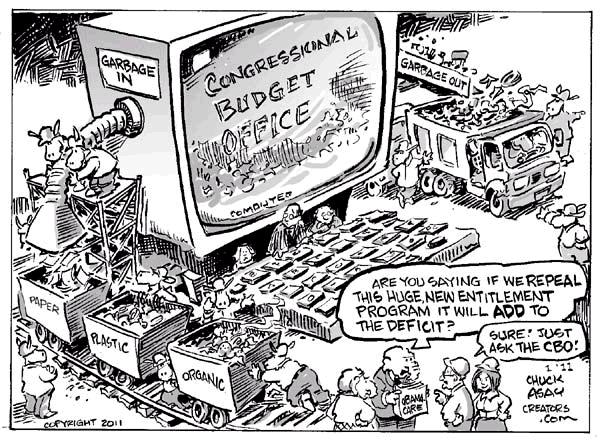First of all, I haven’t written forever. It isn’t that I don’t WANT to write, it’s just I’m being pulled in fifty different directions. Sadly (for me), I have 12 unfinished articles that I’ve started since my last brilliantly written article, which will never see the light of day. This one was the closest I had to being finished. I wanted to post something. So here goes.
For fun I’m going to include three misnomers: 1- “Affordable Care Act”…It isn’t. 2- “Obamacare”…He doesn’t. And 3- “My Problem with The Tea Party”…I don’t.
“But Danny,” you whine “why the title?” Apparently I have some ‘splainin to do. The state in which I reside has a dominate religion. IT DRIVES ME CRAZY, absolutely bat nuts, when I hear someone complain about “the church” when in reality they are complaining about an individual/individuals within the church. To me it is just fundamentally wrong to lump a whole group of people into a category that should be reserved for a few. Does that make sense? So, with our mutual understanding and 100% realization of my rank hypocrisy, I’ll plow forward.
As you may or may not be aware there is a midterm election coming up in about 8 weeks. There is a lot up for grabs this election. Congress’ approval is at an all time low, but shockingly, incumbents traditionally win. We “The People” hate the group, but like the individuals within the group.
Currently, Mitch McConnell is fighting to keep his seat as a Republican Senator for Kentucky. Now, I’m not advocating for or against him. I just know many Tea Party-esque people have accused him of being a “RINO” (Republican In Name Only.) Again, I don’t follow his voting record that closely. I know he isn’t a screaming liberal but apparently he isn’t a staunch conservative either. What I do know about McConnell is that as the Senate Minority Leader, under what had to be intense political pressure, he was able to keep his party in line and not have one affirmative vote from the Republican Party for Obamacare. Under his leadership the Democratic Party owns the Affordable Care Act – again, it isn’t “Affordable,” it isn’t “Care,” it’s just an act.
If the voters in Kentucky, decide it is time for McConnell to retire, I don’t have a problem with that. My problem is with the “I would rather stay home and let the democrats win than vote for someone who only agrees with me 80% of the time” people. Those people kill me, and are idiots.
Even I, your humble narrator, have been accused of not being a “true conservative” because I failed the litmus test of not seeing the wisdom in the legalization of marijuana (spoiler alert: there is no wisdom in the legalization of drugs).
Demonizing your ideological opponents is a lot of fun, if you’re brave enough to do it, and has been the modus operandi since the beginning of time. Pointing out the dumbassery of the Democratic Party is something I’ve been accused of doing (I’m talking about the Party here – not individuals – so my “butt hurt” liberal friends, please take it down an octave.) Every Presidential election the Democrats start with around 246 out of the 270 electoral votes needed to win. The Democrats barely have to show up and BOOM 246 electoral votes. The Republicans have to work for everything else. To me it is almost funny the Democrats demonize Republicans at all. I understand why they do…but still. The sad truth is that the Republican Party needs new members, it needs converts. The Democratic Party doesn’t.
That’s why when, a month or so ago, Sarah Palin, whom I normally kinda dig, was banging the “Impeachment drum” I rolled my eyes. America is NEVER going to impeach Obama. Yes, he is grossly incompetent, arguably the Worst President EVER. That isn’t an impeachable offense. He may be guilty of high crimes and misdemeanors. Even if, America still isn’t going to do it. All banging that drum, or drums like it, does is give Democrats ammunition to fire toward the Low Information/Yahoo News reading voters.
I think the sainted Ronald Regan nailed it when, in March of 1975, he said:
“A political party cannot be all things to all people. It must represent certain fundamental beliefs which must not be compromised to political expediency, or simply to swell its numbers…
“I am impatient with those Republicans who after the last election rushed into print saying, “We must broaden the base of our party” – when what they meant was to fuzz up and blur even more the differences between ourselves and our opponents.
“Our people look for a cause to believe in. Is it a third party we need, or is it a new and revitalized second party, raising a banner of no pale pastels, but bold colors which make it unmistakably clear where we stand on all of the issues troubling the people?
“Let our banner proclaim our belief in a free market as the greatest provider for the people.
“Let us explore ways to ward off socialism, not by increasing government’s coercive power, but by increasing participation by the people in the ownership of our industrial machine.
“It is time to reassert our principles and raise them to full view.”
The problem is the Republicans don’t have the balls to do it. Well…that’s not entirely fair. They talk about limited central government, but they lack either the confidence or the ability to explain its benefits. They have bought into the Democrats’ core, condescending belief, that the world is just too darn complicated for you and me, the ordinary folks, to make our way through without bureaucratic instruction and hand holding.
Because the concepts and benefits of a limited government don’t fit on a bumper sticker we are left with a system that is going to implode. It’s not a question of “if,” it will implode, it’s a question of “when.” Everyone with half a brain stem knows it. But still, Republicans are too scared, or maybe too content, to advocate the dramatic change that could save us. Instead we are too busy cannibalizing ourselves. I’m not advocating the status quo. I want change. I think we, as a party, should have a robust debate, but then the primaries are over, be involved. VOTE. Even if you have to plug your nose to do it. Then we need to hold our elected leaders feet to the fire to ensure they do the right thing.
“Divide and conquer” maybe an effective strategy in war, but doesn’t work in a representative democracy.
LIFEZILLA: It’s the website our forefathers would have subscribed too. That is if our foremothers would have let them.




